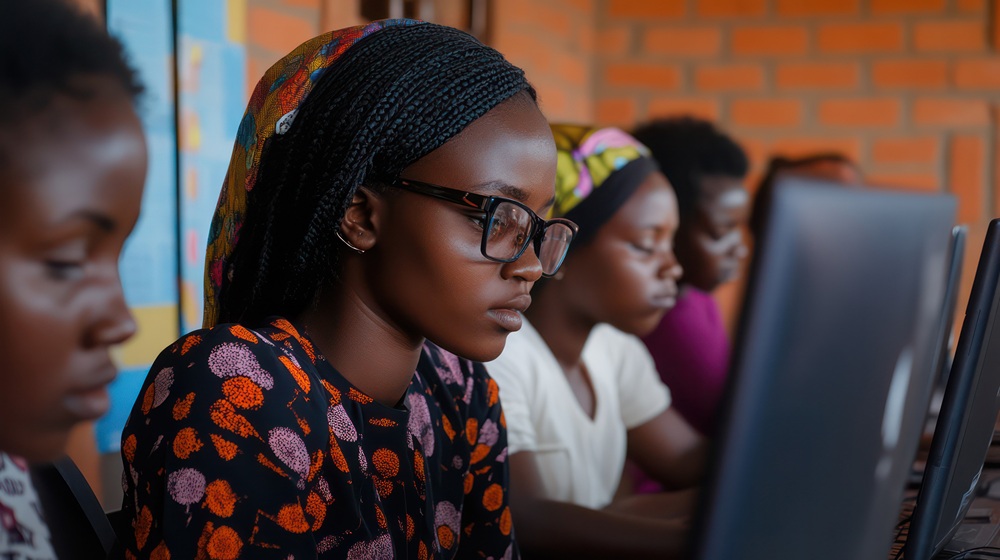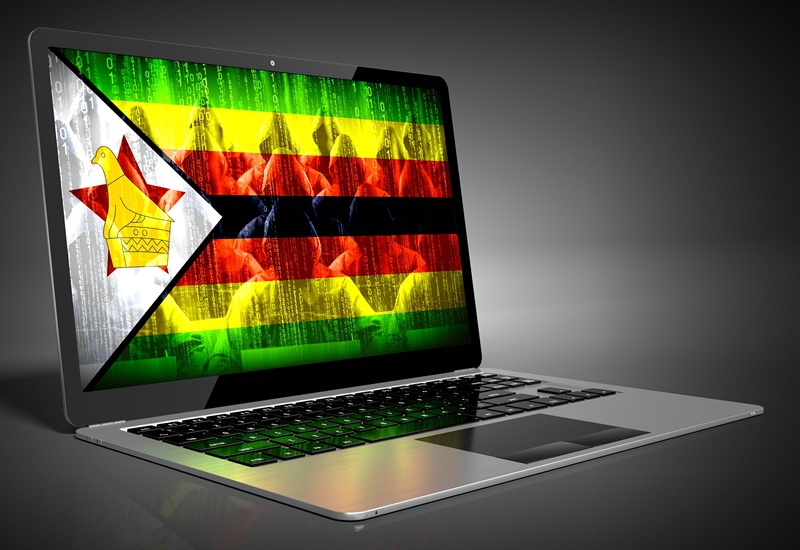
By Ben Roberts, Group Chief Technology and Innovation Officer, Liquid Intelligent Technologies
2020 has been the year of many firsts, on several levels. Collectively, these have not only made businesses accelerate their digital transformation efforts, they have also pushed schools and universities to do the same … almost overnight. If African businesses don’t look at new ways to partner with schools, tertiary organisations, and Governments, it will be our future generation who’ll ultimately suffer.
Access to quality education underpins economic growth and social wellbeing – nowhere more so than on the African continent. Pre-COVID-19, many nations already struggled to deliver on this promise to their youth. Over the last nine months, the pandemic has only intensified these challenges and shone the spotlight on a longstanding digital divide.
In particular, this is due to limited access to high-speed internet, smart devices, and even electricity. This hampers educational institutions’ ability to deliver at-home online learning to students at a time when in-classroom teaching isn’t an option due to social distancing and lockdown measures.
Recent research reveals concerning trends:
- The pandemic, which forced learning institutions to close and kept some 1.2 billion students worldwide out of the classroom, has worsened a pre-existing problem.
- While capitalism has succeeded in creating immense wealth for the elite, it has left the majority in financial and social limbo, generating huge disparities worldwide. Technology appears to be doing the same. It has certainly changed the world, but it also primarily serves a wealthy market before all others, leaving the rest of society looking on at unattainable objects with desire.
- As children in the developed world have switched to online learning, the majority of pupils in Sub-Saharan Africa sit idle, frustrated, and anxious, much to the dismay of parents and educators who are worried about their future.
- Nearly 90% of students in Sub-Saharan Africa do not have access to household computers, and 82% lack internet access. As a result, they cannot ensure educational continuity, deplores UNESCO.
The good news
While it might sound counterintuitive, reliance on older technologies such as radio, SMS, and television has a crucial role in many African countries to overcome some of these challenges. This is due to their much higher existing penetration, coverage, and access levels to a broad sector of the population. In Kenya, the Government has played a vital role in driving many of these initiatives.
Device affordability has also seen encouraging progress in recent months. A few local organisations have driven initiatives that have gone a long way to add positive value by adopting adjusted business operating models. Businesses must continue to be instrumental in accelerating smart mobile devices’ availability with the benefit of allowing customers to pay small amounts on a daily or weekly basis for the service, rather than requiring larger upfront payments.
Now more than ever before, we need to make sure that public-private partnerships are used strategically to ensure that we create an environment that helps overcome the digital divide. At Liquid Intelligent Technologies, we are continually exploring such partnerships to improve the state of education locally. For example, we recently partnered with the Kenya Network Information Centre (KENIC) and aimed to reach at least 2000 schools and register them on a unique identifier.sc.ke. A domain name extension for schools that will give access enables and empowers educators with the relevant digital skills to teach effectively.
Another initiative was our partnership with Cisco Systems to provide teachers with the necessary ICT skills needed to manage networks and increase the effectiveness of computer labs and classrooms as locations to deliver remote online tuition. To date, 88 ICT teachers, 15 non-ICT teachers from across 95 different schools have benefited from this programme.
Bottom line: Digital transformation of education starts with robust and reliable broadband connectivity to schools
At Liquid Intelligent Technologies, we believe that the requirement for high-speed broadband access to institutions, coupled with engaged, empowered and up-skilled educators, will fast-track the ability for quality, in-person learning to restart effectively. To continue to fight this good fight, we believe Governments and the private sectors must continue to seek opportunities to work together collaboratively.
The role of digital skills enablement
Given that Kenya has a large young population, we see tremendous potential to invest in delivering ICT and digital skills to learners and graduates to empower them to contribute their ideas and energies to building a strong, sustainable digital future for the nation. We also need to seek ways to ensure more girls pursue studies and careers in science, technology, engineering, and mathematics (STEM) subjects.
Technical and developer online interest groups and innovation hubs, online gaming skills development, WhatsApp groups for those with interest in data science, cybersecurity, artificial intelligence, or the Internet of Things, for instance. Such initiatives already exist; we only need to encourage, explore, enable, and extend assistance where and when required.
Together, we still have much work to do to secure the future of our youth, through access to quality education.
Let’s unite our efforts and energies into driving this agenda as we move into 2021.





